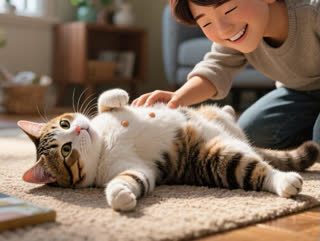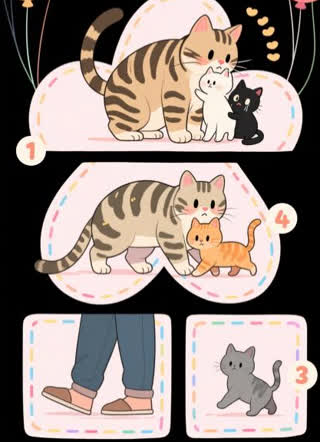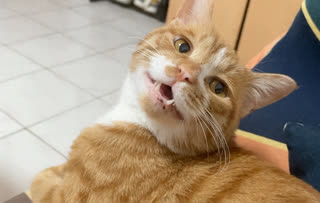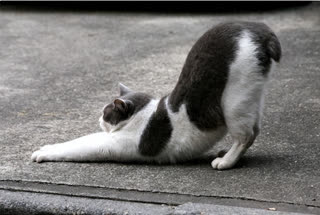Known for their docile temperament, Ragdoll cats typically live up to their "floppy doll" reputation. However, when owners ask "why is my Ragdoll cat aggressive suddenly," it signals important behavioral changes requiring attention. This guide examines seven potential causes and solutions for this unexpected aggression in normally gentle felines.
1. Medical Causes (Most Urgent)
Sudden aggression often indicates pain or illness. Common medical triggers include:
Dental problems (particularly in cats over 3 years)
Arthritis (common in older Ragdolls)
Hyperthyroidism (in cats 8+ years)
Neurological issues
2. Environmental Stressors
Ragdolls thrive on routine. These disruptions may explain why your Ragdoll cat is aggressive suddenly:
New pets/people in household
Recent moves or furniture rearrangements
Changes in owner's work schedule
Outdoor cats visible through windows
3. Territorial Behavior
Though uncommon for Ragdolls, territorial aggression may surface when:
Introducing new cats improperly
Neighborhood cats encroach on territory
Scent markers are removed during deep cleaning
4. Redirected Aggression
Your Ragdoll might attack you after being agitated by:
Birds/squirrels outside windows
Loud noises (construction, thunderstorms)
Smells from other animals
5. Play Aggression
Young Ragdolls (under 2 years) may exhibit:
Biting during petting sessions
Ambush attacks on ankles
Overstimulation from rough play
6. Petting-Induced Aggression
Even gentle Ragdolls have limits. Watch for:
Twitching tail tip
Rotated ears
Skin rippling before biting
7. Aging-Related Changes
Senior Ragdolls (10+ years) may show aggression due to:
Cognitive dysfunction (cat dementia)
Reduced vision/hearing causing startle reactions
Increased sensitivity to touch
Practical Solutions
For owners wondering "why is my Ragdoll cat aggressive suddenly," try these vet-approved steps:
Schedule a veterinary exam to rule out medical causes
Maintain consistent routines for feeding/playtime
Provide vertical spaces and hiding spots
Use Feliway diffusers to reduce stress
Implement positive reinforcement training
When to Seek Professional Help
Consult a cat behaviorist if aggression:
Causes injury to people/pets
Lasts more than 2 weeks after interventions
Includes other behavior changes (litter box avoidance, excessive vocalization)
With patience and proper identification of triggers, most Ragdolls return to their characteristic gentle nature. Documenting the circumstances surrounding aggressive episodes helps pinpoint specific causes.










